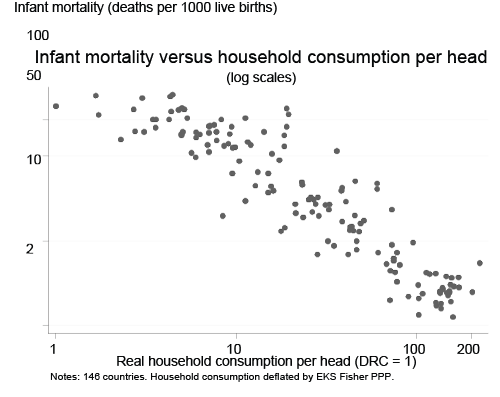The Obamas: A 'Uniquely American' Story?
In the last few months, Michele Obama has been coming under an increasingly concerted attack by critics who claim that some of her comments demonstrate a lack of patriotism. Most notable was her recent comment on The View that the success of her husband has, for the first time in her adult life, given her cause to be “truly proud” of her country. As a result, she has been characterized as a typical “angry black woman” and accused of being ungrateful for her and her husband's publicly funded Harvard education, not to mention the successful careers which followed. The implication in these criticisms is that black women in modern America have little to be angry about. After all, the rags-to-riches story of the Obama's life is uniquely American, isn't it?
It must be. Both supporters and critics have cited the case of the Obamas as typifying the 'land of opportunity' in action. Commentators write articles with titles like 'Obama's Unique American Story' and 'Obama Success Story – Only in America'. Professor of Economics, Mickey Hepner, went so far as to say that, in contrast to other places in the World, “only in America can a young man facing so many long odds be so successful”. Barak Obama himself has endorsed this notion many times in his speeches and even played the Brooks and Dunn song Only in America at several rallies, which was surprising as the pair had been major Bush supporters in 2004.
The outsiders view of America is mixed. Many clearly hold at least as strong a belief in the 'land of opportunity' as do certified American patriots. In fact one could argue that it is the power of the American Dream that infuses immigrants to the US with such zest for hard work, buoyed as they are by the certainty that they will be rewarded for their endeavors. Others, particularly those in Western Europe, are more cynical however. It is not uncommon to hear the opinion that America is unique among developed nations, not for its richness of opportunity, but for its hugely inflated sense of self worth.
Cleansed of all its emotive qualities the question of the continuing validity of the American Dream boils down to a very quantifiable phenomenon: social mobility. By this we mean the extent to which the economic and social status of the individual and family is unobstructed to rise and fall on an inter and intra generational basis as in a pure meritocracy. In other words, how easy is it to be born poor and die rich or vice versa? In context, is the story of Barak and Michele Obama's rise from poverty typical of the American system, or is it a rarity that has been seized upon to reinforce the patriotic myth of the American Dream? The data is unlikely to please the American Dreamers amongst us.
In 2005 and 2007 studies, researchers at the London School of Economics found that the US ranked last out of a group of 8 countries in Europe and North America in measures of both inter and intra generational social mobility. Crudely speaking, the likelihood of an Obamaesque rags-to-riches story occurring in the US was less than half that of a similar story occurring in Norway (the 1st ranked country). Even the contrast between the US and Canada was striking with Canada displaying almost double the social mobility of the US. The researchers noted that social mobility was particularly reduced in the US for African-Americans.
So it seems that the typical (and statistically that means poor) 'angry black woman' has every reason to be angry. They (and everyone else) have been sold a lie; a lie that they dare not even question publicly. The media has largely focused on the political fallout of Michele Obama's comments and, in predictably narcissistic fashion, on how the media itself is covering the issue. There has been virtually no substantive analysis of the issues to which her comments refer but that is hardly surprising because stories that potentially poke holes in the American Dream turn off both advertisers and viewers. No one wants to hear that one of the cornerstones of their patriotism has been long since eroded away.
Short essays, quotes and comments on politics, economics, society, science and the future.
Subscribe to:
Post Comments (Atom)
GDP and Well-Being: A fraught relationship.
More or less since 2008 it's been popular to criticise the focus on GDP per capita as a public policy mistake, and a resurgence of scep...

-
Delta. To my knowledge not an airline of great renown, as evidenced by the fact that less than one in four seats on my incredibly cheap tran...
-
More or less since 2008 it's been popular to criticise the focus on GDP per capita as a public policy mistake, and a resurgence of scep...
-
Warning: this post contains graphs. Many wonderful graphs. According to conventional (read: conservative) wisdom, the Left has a problem...

No comments:
Post a Comment